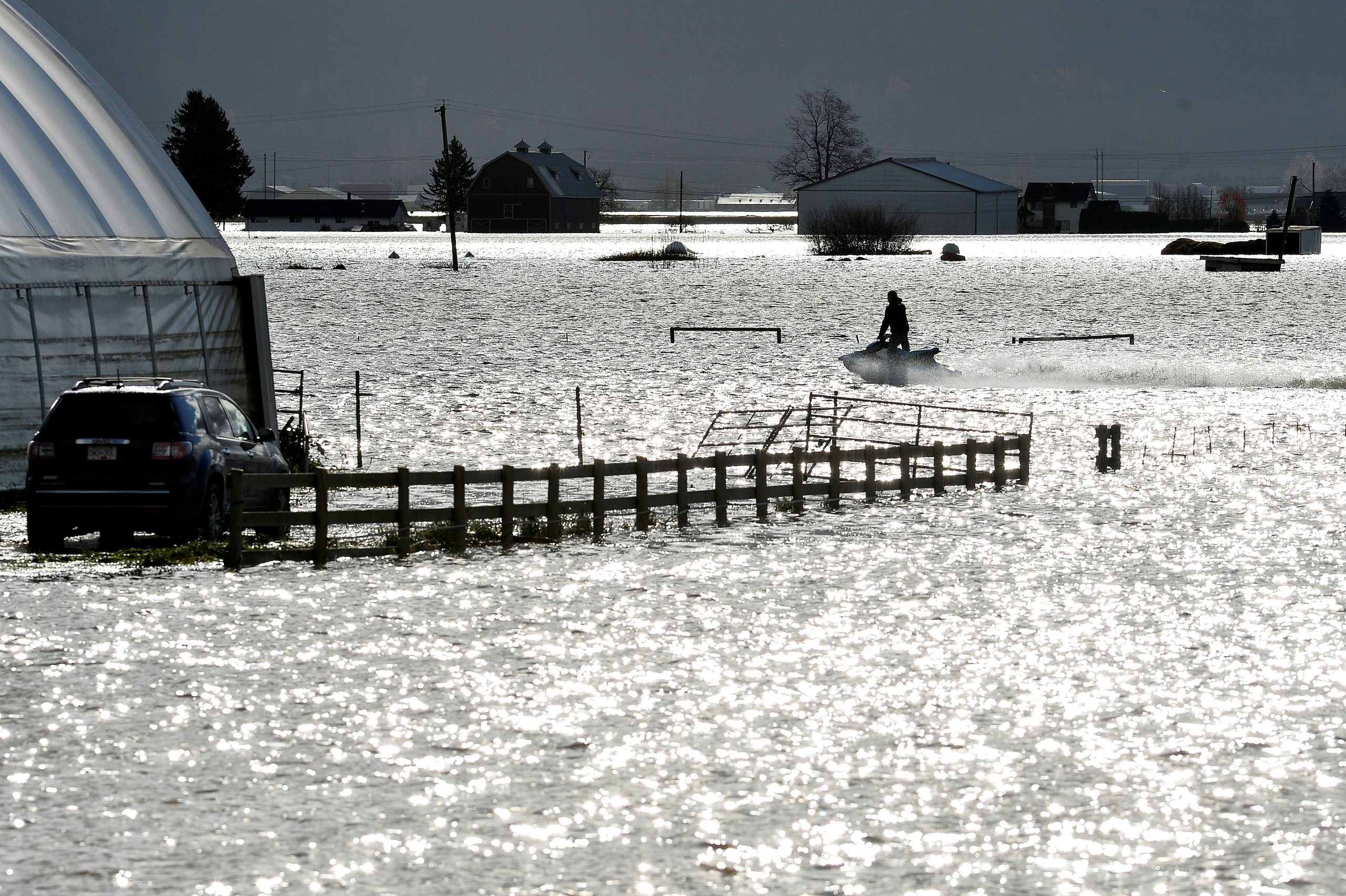VANCOUVER – Jesse Marsch issued Canada’s men’s soccer squad a challenge — get physical.
The edict came after the Canadians surprised many at this summer’s Copa America tournament, making it through to the semifinals. As his players departed for their professional clubs, the head coach wanted them thinking about continued growth.
“I challenged them to be more physically present in the matches that they played in,” Marsch said. “I’ve tried to encourage all the players to sprint more, to win more duels, to win more balls, to be more dynamic in matches.”
When Canada reconvened for a pair of friendlies last week, the coach saw some players had already heeded his call, including Vancouver Whitecaps product Ali Ahmed.
The 23-year-old midfielder started in both Canada’s 2-1 victory over the United States on Saturday and Tuesday’s 0-0 draw against Mexico.
“I’m really happy for him,” Marsch said. “I think he’s still young and still has a lot of room and potential to continue to grow.”
Playing under Marsch — who took over as head coach in May — has been a boon for the young athlete, currently in his second full season with Major League Soccer’s Whitecaps.
“Jesse has a very clear way of playing,” Ahmed said. “And I think the way we’ve been training and the way we’ve been growing as a group, it’s been helpful for me.”
The reward of getting minutes for a national team can spur a player’s growth, including Ahmed, said Whitecaps head coach Vanni Sartini.
“Of course that fuels him inside to say ‘Hey, I want to be a better player. I want to get to that stage,'” said Sartini.
Vancouver had six players — including Ahmed — away on international duty during its 0-0 draw against Dallas FC on Saturday. The absences are a good problem to have, Sartini said.
“Because we have players that are close to the national team, we have a lot of players that development is faster, better, bigger than it would have been if they hadn’t been called,” he said.
Born in Toronto, Ahmed came up through the Whitecaps’ academy system and played for Vancouver’s MLS Next Pro side before cementing his spot on the first team in 2023. He put up two goals and two assists across 22 regular-season games, and added another goal and another helper in 19 appearances this year.
Taking the next step will require the five-foot-11, 154-pound Ahmed to push himself physically, Marsch said.
“Tactically, he’s technically gifted,” the coach said. “I’ve told him he’s got to get in the gym more.
“There’s a lot of these little things where too many guys, they still look like kids and we need to help them look like men and play like men. And that’s what the high standards of the game are about.”
Marsch has quickly adjusted to recalibrating standards in his short time with Team Canada. Since taking over the squad in May, the coach said he’s learned the players are smarter and more capable than he originally thought, which forces the coach to constantly recalibrate his standards.
“That’s my job right now, to keep raising the level of the demands,” he said.
The way 40th-ranked Canada is viewed on the international stage is evolving, too.
“I think we’re changing the perception on the way we’re playing now,” he said. “I think beating the U.S. — it would have been nice to beat Mexico as well — the way we did, the way that we performed at Copa, I think teams are starting to look at us differently.
“Right now, I think we’re focused on ourselves. We’re definitely trying to be the best in CONCACAF and we have higher goals as well.”
This report by The Canadian Press was first published Sept. 12, 2024.
